Senior Health: Essential Foods to Avoid for Kidney Disease
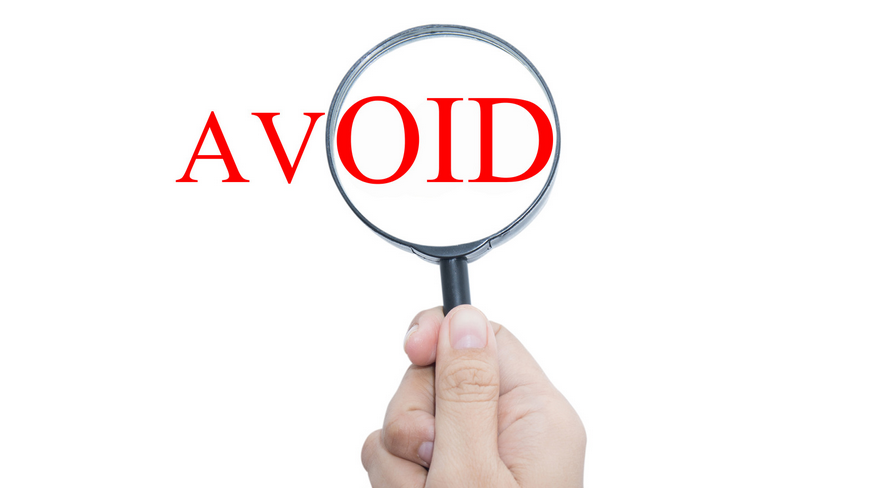
Kidney disease is a common condition that affects many seniors. It occurs when the kidneys are damaged and can no longer properly filter waste products from the blood. It can lead to a buildup of toxins in the body and a range of health problems, including fatigue, fluid retention, and high blood pressure.
One of the most important ways to manage kidney disease is through proper nutrition. A healthy diet can help reduce symptoms, slow disease progression, and improve overall health and quality of life. However, it’s important to be aware of which foods to avoid for kidney disease.
This article will explore the essential foods seniors with kidney disease should avoid and provide alternative options for a healthy and balanced diet. If you or an elderly has kidney disease, this article will provide valuable information and guidance to help you make informed choices about your diet and nutrition.
Essential Foods to Avoid for Kidney Disease
Our kidneys’ job is to filter waste products and excess fluids from our blood, and when they are damaged or not functioning properly, it can lead to a buildup of toxins in your senior’s body. Diet plays a crucial role in managing kidney disease, as certain foods can further damage the kidneys and exacerbate symptoms. Therefore, individuals with kidney disease need to avoid certain foods to prevent further damage and promote kidney health.
A dietician or a healthcare professional can provide specific recommendations based on an individual’s unique situation, but in general, here are some essential foods to avoid for kidney disease:
1. High-sodium Foods
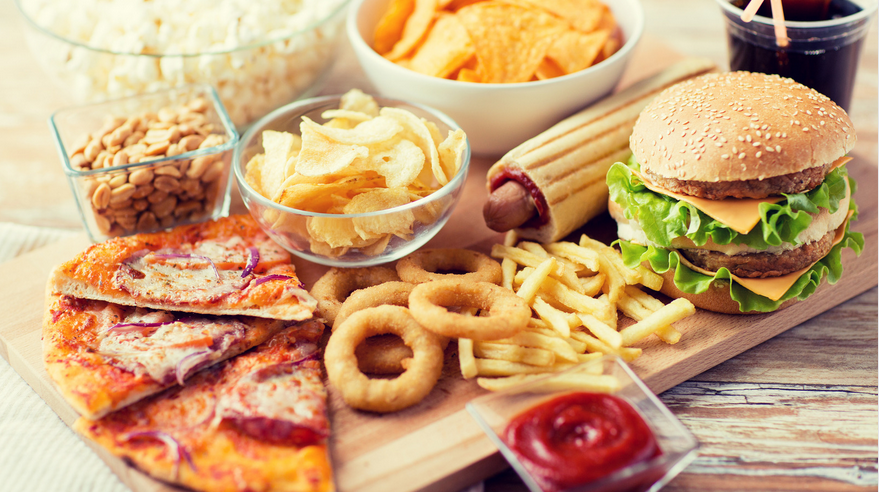
For individuals with kidney disease, managing their diet is crucial in maintaining kidney function and preventing further damage. One essential food group to avoid is high-sodium foods. Sodium, a mineral found in salt, can increase blood pressure and cause the kidneys to work harder, leading to further damage.
Most people should limit their sodium intake to 2,300 mg per day, and those with kidney disease may need to limit it to 1,500-2,000 mg per day. In order to achieve this, individuals should avoid processed foods and opt for some fresh, whole foods. Some examples of high-sodium foods to avoid include:
- Canned Soups
- Frozen Dinners
- Packaged Snacks
- Deli Meats, and
- Fast Food
Reading food labels and choosing low-sodium options when available is also important. Instead of salt, individuals can use herbs and spices to flavor their food, and they should avoid adding salt to their meals at the table. By limiting their sodium intake, individuals with kidney disease can protect their kidney function and improve their overall health.
2. Phosphorus-rich Foods
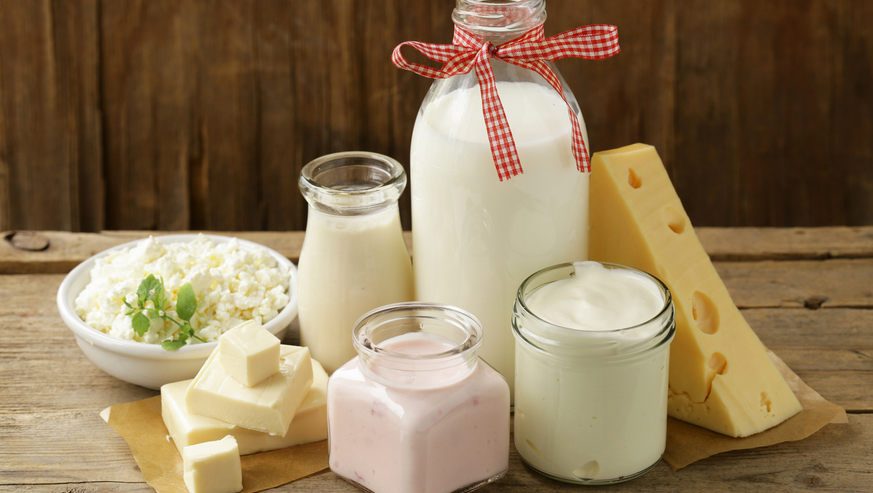
Phosphorus is a vital mineral that plays a vital role in maintaining healthy bones and teeth, as well as in energy metabolism and cell function. However, too much phosphorus intake can lead to health complications such as kidney disease, heart disease, and osteoporosis. The recommended daily intake of phosphorus for most adults is around 700 mg to 1,250 mg per day. It is essential to note that individuals with kidney disease may require a lower phosphorus intake.
Several foods are high in phosphorus, including animal products such as meat, dairy, and fish. Plant-based sources of phosphorus include nuts, seeds, whole grains, and legumes. Here are some examples of phosphorus-rich foods:
- Dairy products like milk, cheese, and yogurt
- Meat and poultry such as beef, chicken, and pork
- Seafood such as salmon, tuna, and shrimp
- Nuts and seeds like almonds, cashews, and sunflower seed
- Whole grains like wheat, oats, and quinoa
- Legumes such as lentils, chickpeas, and kidney beans
Additionally, cooking methods such as boiling and soaking can reduce the phosphorus content in some foods. Consulting a reliable healthcare provider or a dietitian can also be helpful in developing a balanced and healthy diet.
3. Potassium-rich Foods
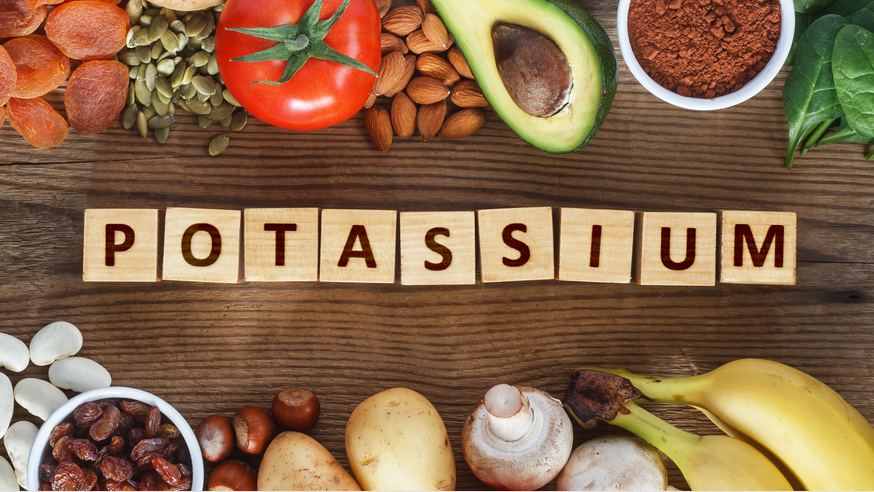
It is important for seniors with kidney disease to be mindful of their potassium intake. Potassium is a mineral that plays a crucial role in regulating the body’s balance of fluids and electrolytes. But, when the kidneys are not functioning properly, high potassium levels can accumulate in the bloodstream, leading to serious health complications such as heart arrhythmias and muscle weakness.
Most people with kidney disease should limit their potassium intake to 2000-3000 mg per day, depending on their individual needs. Foods that are high in potassium should be avoided or consumed in moderation. Examples of potassium-rich foods to limit include:
- Bananas
- Oranges
- Tomatoes
- Potatoes
- Sweet potatoes
- Avocado
- Spinach
- Broccoli
- Beans
- Lentils
Limiting potassium-rich foods may help to slow the progression of a person’s kidney disease and reduce the risk of complications.
4. High-protein Foods
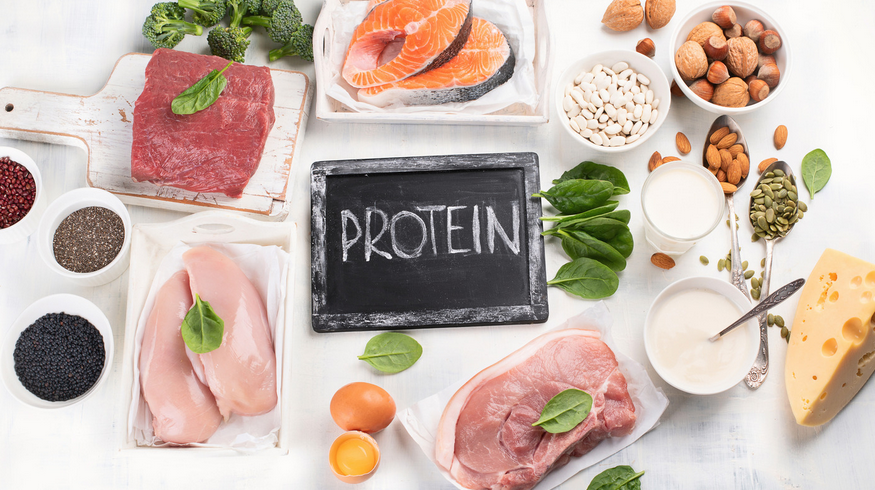
Protein is an essential nutrient required for the growth and repair of body tissues. However, for seniors with kidney disease, limiting their protein intake is crucial as the kidneys may not be able to process excess protein properly. Most people with kidney disease should limit protein intake to 0.8 g per kilogram of body weight per day. For seniors with kidney disease, the recommended amount may vary depending on their overall health and stage of kidney disease, and it’s important to consult a dietitian to determine the appropriate amount of protein intake.
There are several high-protein foods that seniors with kidney disease should avoid or limit.
Some of the common high-protein foods include:
- Red meat like beef, pork, and lamb
- Poultry such as chicken and turkey
- Fish and shellfish
- Eggs and egg-based dishes
- Dairy products like milk, cheese, and yogurt
- Beans and legumes such as chickpeas, lentils, and kidney beans
While these foods are generally healthy, they can be high in protein, which can be harmful to seniors with kidney disease. Therefore, choosing lower protein alternatives and keeping portion sizes in check is essential to manage kidney disease effectively.
5. Sugary Foods

As we age, our love for sugary treats doesn’t diminish. However, seniors with kidney disease need to be mindful of their sugar intake. According to medical experts, limiting added sugars to no more than 50 grams or 200 calories per day is advisable. Consuming excess sugar can cause a sudden rise in blood sugar levels, leading to serious health issues, such as heart disease. Therefore, seniors with kidney disease need to watch their sugar intake to maintain a healthy lifestyle.
Some of the common sugary foods that seniors with kidney disease should avoid or limit include:
- Candy
- Cookies
- Cakes
- Pies
- Ice cream
- Soda
- Sports drinks
- Fruit juice with added sugar
Opting for fresh fruits instead of processed snacks or sugary desserts can help reduce sugar intake and improve kidney health.
6. Alcoholic Drinks
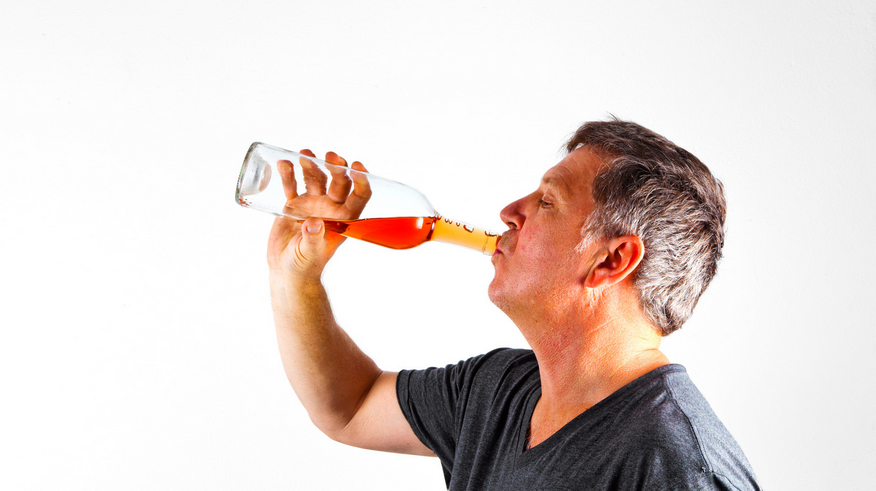
Alcohol is a beverage that many seniors enjoy as a way to relax and socialize. However, excessive alcohol consumption can be harmful, especially for seniors with kidney disease. For seniors with kidney disease, alcohol can cause dehydration, electrolyte imbalances, and high blood pressure.
Most seniors should limit their alcohol intake to one drink per day. One drink is 12 oz of beer, 5 oz of wine, or 1.5 oz of distilled spirits. However, it’s essential to remember that a “drink” is a standard measure of alcohol, and many drinks served in restaurants and bars contain more than one standard drink. Therefore, it’s vital to be aware of the alcohol content of the drinks you consume.
Examples of alcoholic beverages to avoid for seniors with kidney disease include beer, wine, spirits, and cocktails. Some drinks, such as margaritas and long island iced teas, can contain high amounts of sugar and salt, which can further exacerbate kidney disease symptoms. Non-alcoholic beverages, such as water and herbal tea, are the best options for seniors with kidney disease as they provide hydration without harmful effects.
Healthy Alternatives

While seniors with kidney disease need to avoid certain foods, plenty of healthy alternatives can support kidney health and overall wellness. Here are some examples of healthy alternatives that seniors with kidney disease can enjoy:
- Fresh fruits and vegetables low in potassium and oxalates: Seniors with kidney disease can still enjoy a variety of fresh fruits and vegetables by choosing those that are lower in potassium and oxalates. Good choices include green beans, cauliflower, apples, and berries.
- Lean protein sources like chicken and fish: Seniors with kidney disease need protein to support their overall health but should choose lean sources of protein, like chicken and fish, instead of red meat. Plant-based protein sources such as beans and lentils are also a healthy option.
- Low-phosphorus dairy products: Seniors with kidney disease can still enjoy dairy products by choosing low-phosphorus options such as unsweetened almond milk or low-fat cottage cheese.
- Low-sodium options for common foods like bread and canned goods: Seniors with kidney disease should read food labels carefully and choose low-sodium options for common foods like bread and canned goods. Sodium-free herbs and spices can also add flavor to meals without adding sodium.
Final Thoughts
Kidney disease can significantly affect the overall health and well-being of seniors. One of the most vital aspects of managing kidney disease is avoiding certain foods that can exacerbate the condition. As a caregiver or family member, it is crucial to reiterate the importance of adhering to a kidney-friendly diet.
However, it’s not always possible to be there to support and remind your senior loved one about their dietary restrictions. That’s why hiring a professional caregiver can be a valuable solution. In addition, a professional caregiver can assist with meal planning and preparation, ensuring that your loved one is consuming only the foods that are safe for their condition.
Serenity Senior Care understands the challenges of caring for a loved one with kidney disease. That’s why we offer comprehensive caregiving services tailored to the specific needs of each individual. Our team of compassionate caregivers can provide personalized support to help seniors manage their kidney disease and maintain their quality of life.
If you’re looking for professional caregiver services for your loved one, contact Serenity Senior Care today. Our team is dedicated to providing high-quality care that meets the unique needs of each senior we serve.


